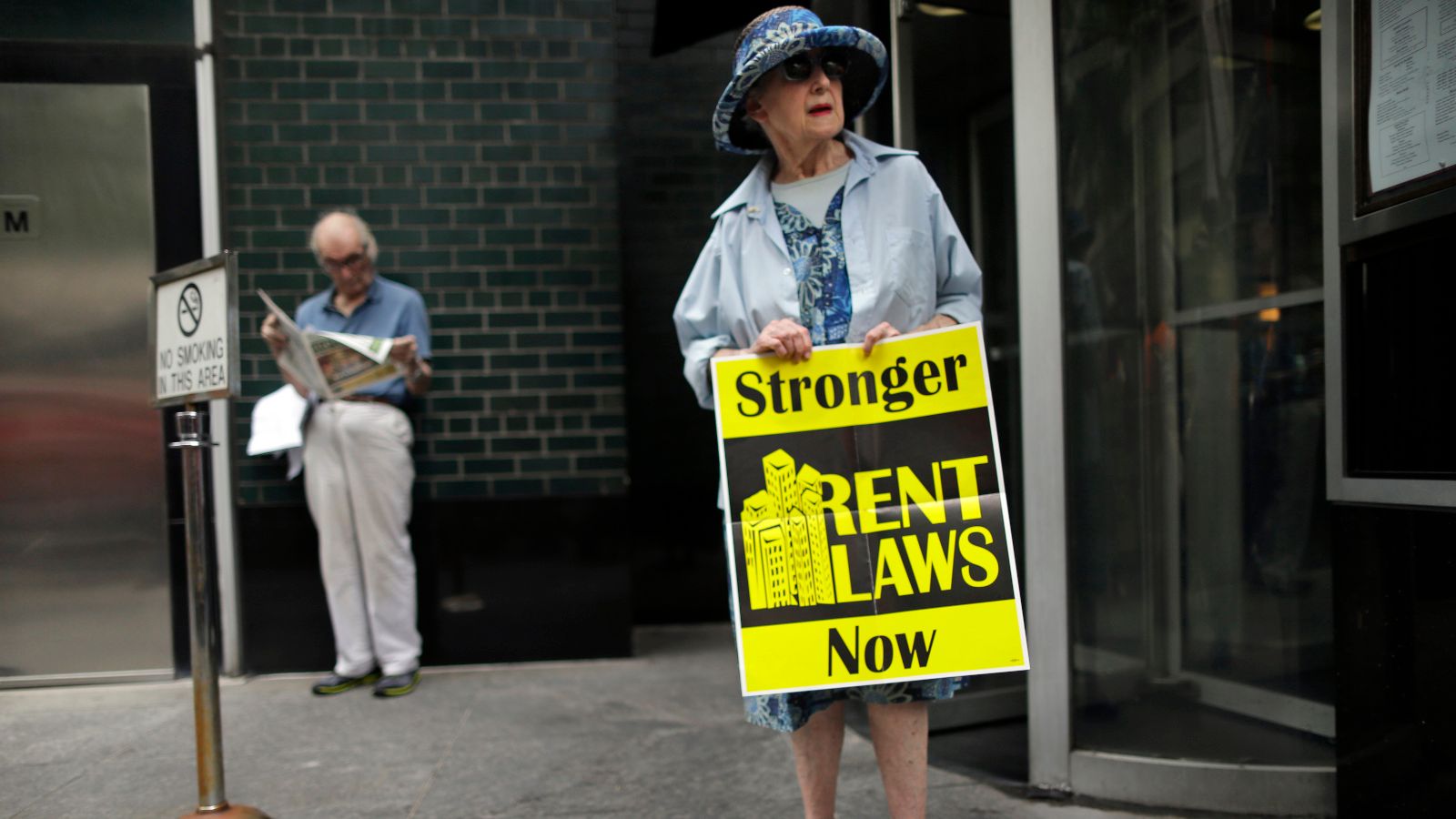- cross-posted to:
- politics@beehaw.org
- cross-posted to:
- politics@beehaw.org
Literal rent-seeking. Bunch of filthy leeches.
Renk seekering and money changing nepo babies are running this country. This is what it looks like
In a normal corrupt system, lobbyists have to bribe lawmakers. In the US, the court is now an unrepresentative unelected legislature with no accountability. It’s another level of corruption.
An amicus curiae brief is literally translated as friend of the court. It does not mean they are “friends” of court officials or that there’s corruption afoot. It nearly means they are adding their professional opinion on a court proceeding they believe to be in need of it.
Yes I don’t mean that the amicus brief itself is corrupt, but I think many people are dreading a Lochner era style outcome from this historically corrupt and precedent breaking partisan court.
Damn it feels good to be elite
Amicus curiae (“friend-of-the-court”) briefs are briefs written by individuals or groups who are not directly involved in a legal case, but have expertise or insight to offer a court to assist in making its decision.
In case you were wondering.
So basically travel agents for thomas?
In no way are they related. You seem to have not understood the definition. It’s a latin phrase used to refer to writings submitted on behalf of a side in a court case as an ex parte expert on the subject at hand. It has nothing to do with lobbying or actual friends of court officials.
I think you are missing fully half of the story here.
If someone gives you lavish gifts, free luxury vacations, use of their private jet, all-expenses paid vacation cruises, you start thinking of that person as a ‘friend’, no?
In this case, ‘friend of the court’ clearly has double meaning because the amicus curiae is also simultaneously one and the same person as the billionaire gift giver I described earlier. In layman’s terms, it’s bribery.
The writer is clearly trying to make that link by misinterpreting the language of the court.
Jesus Christ, no one can afford rent now. Why do they want to price themselves out of business?
Because Black Rock and the other corporate mega landlords are on the panicking at the financial forecast for all their commercial offices investments, and they are not going to eat that loss themselves. They always find someone else to foot bill.
Removed by mod
deleted by creator
Access to the full article locked behind ‘free subscription’ signup page. :(
I was hoping to see that actual names of the ‘friends’ of the court so that I could see their relationships with individual court justices (particularly to see if they are among the ‘friends’ who’ve gifted lavish gifts upon any of the justices). It’s disgusting that having to do this research is even a thing - most of the current justices haven’t been impartial in decades (some of them never).
Edit: I finally read the full text of the article. For anyone who guessed that Justice Clarence Thomas received a series of lavish undisclosed and unreported gifts from one of the real estate moguls involved in this, YOU WERE CORRECT! Just another case of some rich people attempting to purchase judgments from the supreme court and getting away with it.
It’s Harlan Crowe and Paul Singer, “Friends of the Court” in this case just means “People bribing justices”.
beep boop archive link (has the full story)
Thanks! That was super-helpful!
Kachow 👍
[Thought she was asking for stronger laws enabling landlords to jack up rents and screw over tenants more effectively]
They are trying to end rent stabilization which is a different thing. Argue that on its own merits.
Arguably, rent controls prevent developers from building more units, or more affordable units, because they know the profit won’t be there. More units or more affordable units would bring rent down overall.
From the article:
The petition to the right-wing court comes as the economic orthodoxy on rent control is shifting, with decades of empirical data showing that limiting rent increases does not get in the way of new construction, as economists long argued.
So, they need to raise prices so they can build more units in order to be able to provide lower prices? I understand the theory but it seems unlikely that’s what would happen.
This literally doesn’t happen. It’s just a step towards gentrification and pricing people out of their own homes. I lived through this happening to my home town, and… it literally is a dramatic split right along the old railroad tracks between “this side of town” and “that side of town.”
More units or more affordable units would bring rent down overall
The sentiment is correct, but in practice (a) there isn’t enough land to build enough units and (b) the construction generally takes long enough that units not deemed “profitable enough” will simply not get built.
As for affordable units, some of the major drivers in cost for units is land acquisition and public service apportionment (producing water, power, and piping out shit and disposing of trash). As the density of communities increases, the cost to provide each increment of all of those increases. Additionally, providing new construction in dense city centers where other services existing (transportation, for ex) has higher than average costs due to the difficulty of working in proximity to other structures and active transport and to the increased cost of building vertically rather than horizontally. The alternative is to build lower-height accommodations in less dense/costly areas and have to recreate all of the services (transportation, shopping, etc.) in the new area, not to mention the inconvenience of being located remotely from the city center, increasing commute times for in-person workers.
Realistically, nobody is going to build low-cost housing in populous areas. There are enough people with enough money to saturate the market at high rates. Until that demand evaporates, supply will never outstrip it. If the owners could build more units cost-effectively they already would have. The owners of rent-stabilized real estate know the difficulty of building more units and just want to be able to charge “market rate” for their prime properties rather than go through the headache of building more housing.









